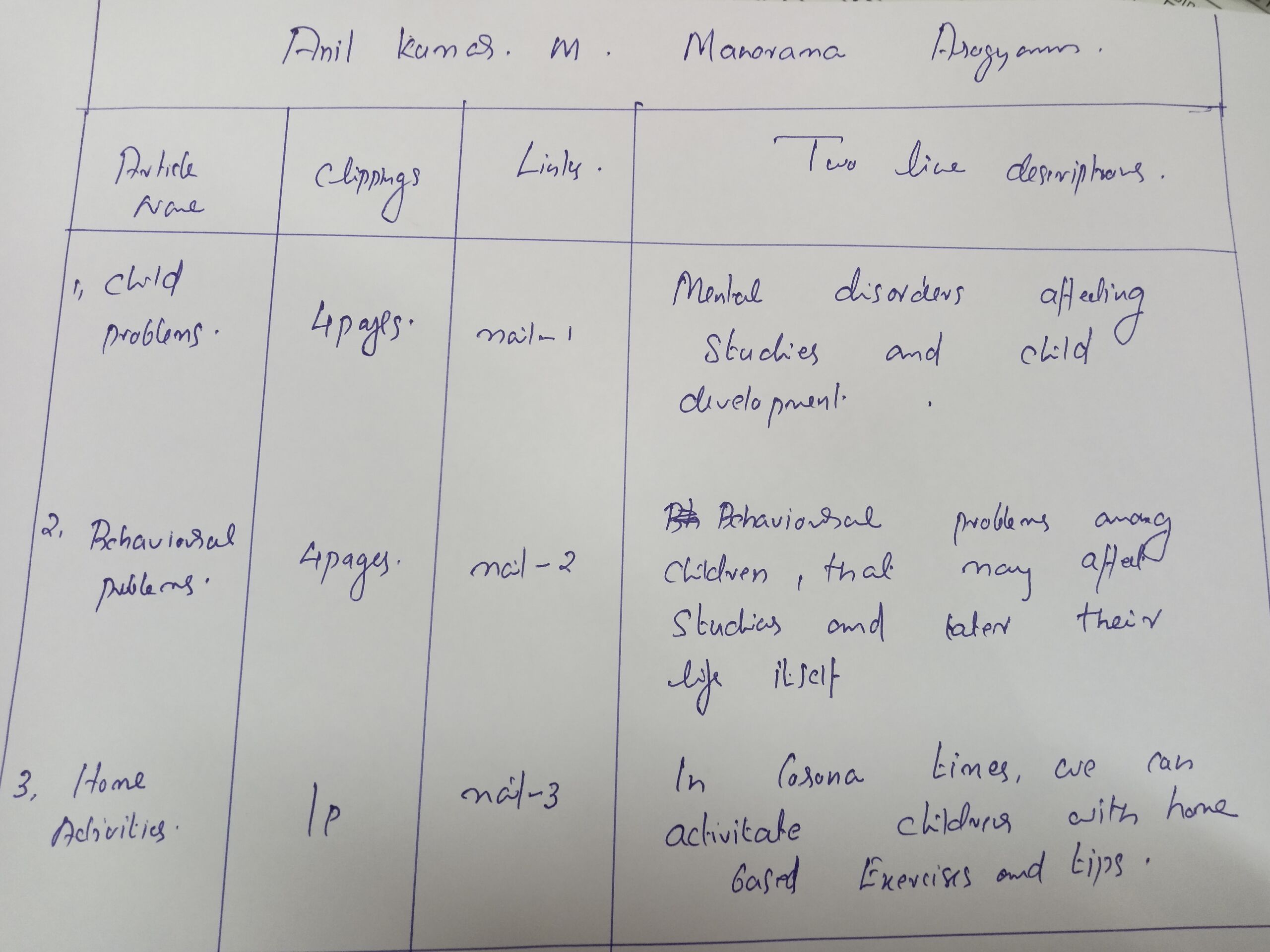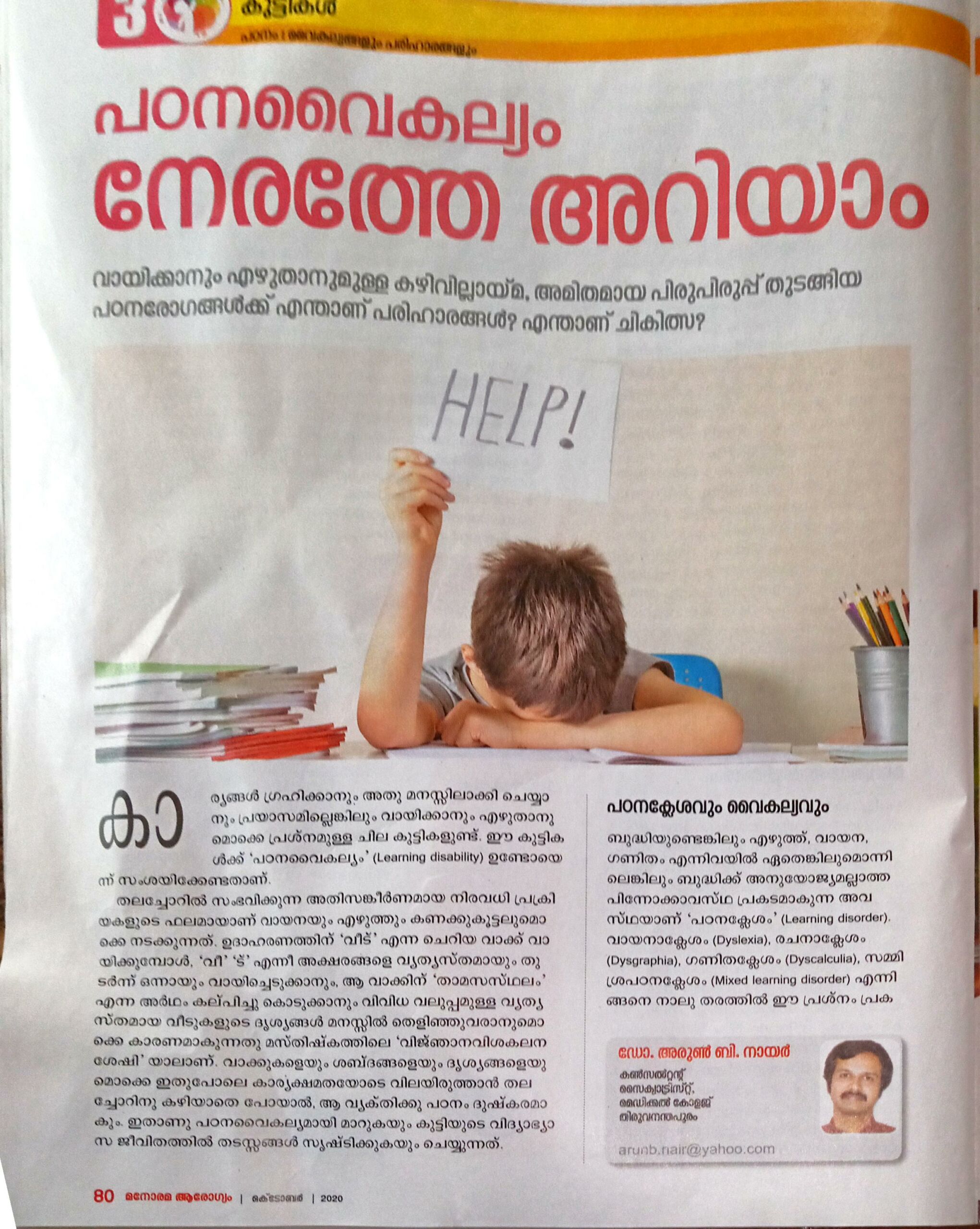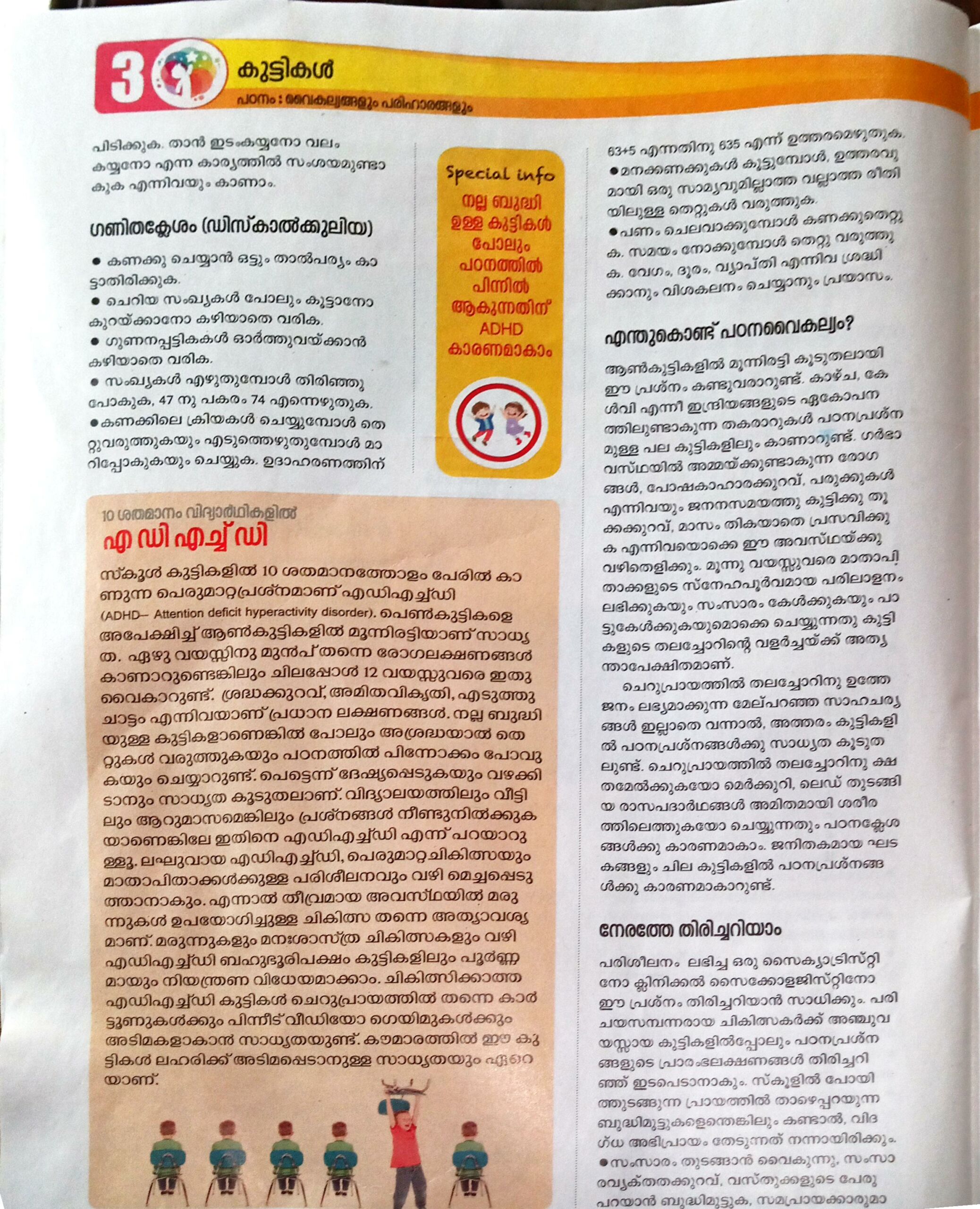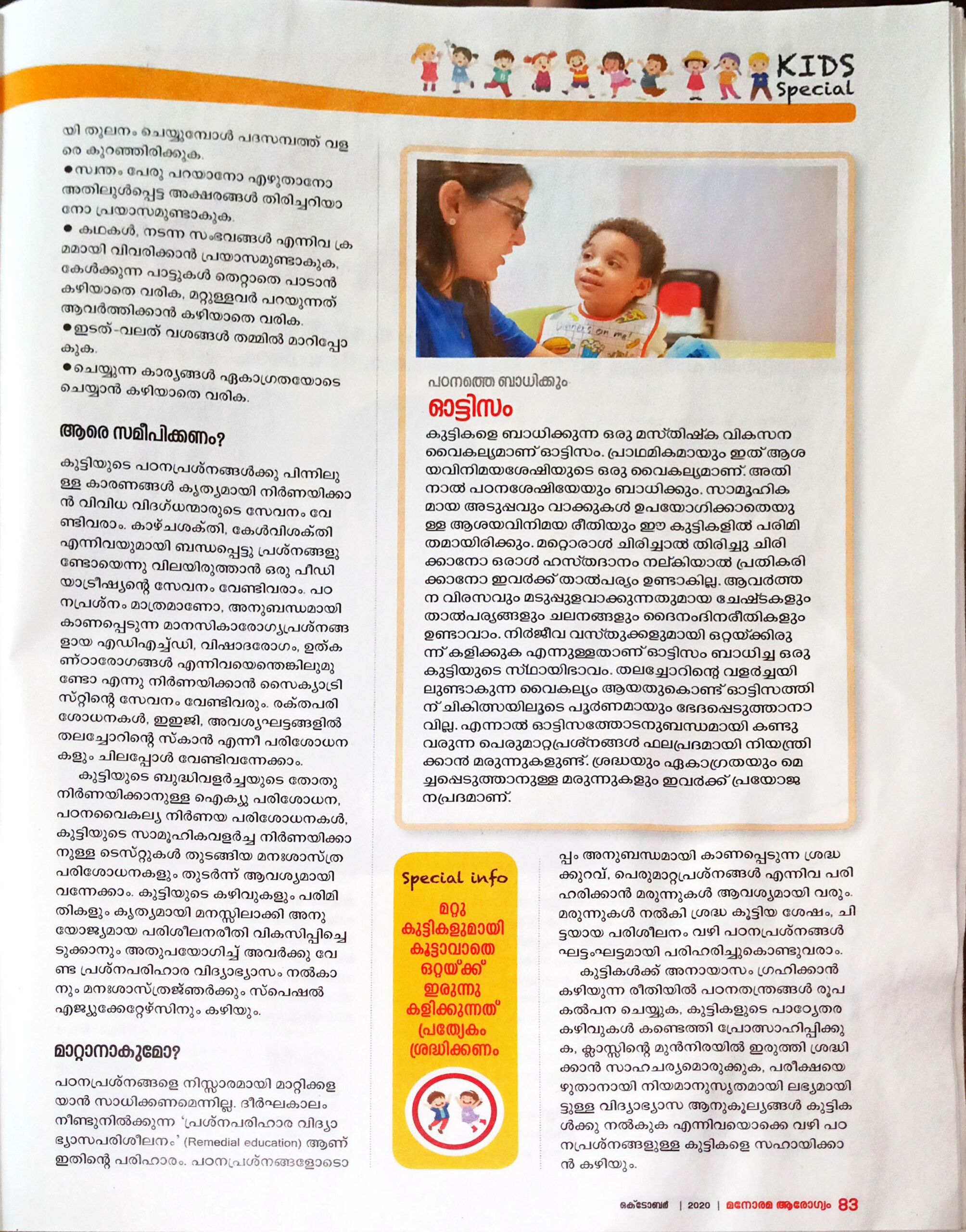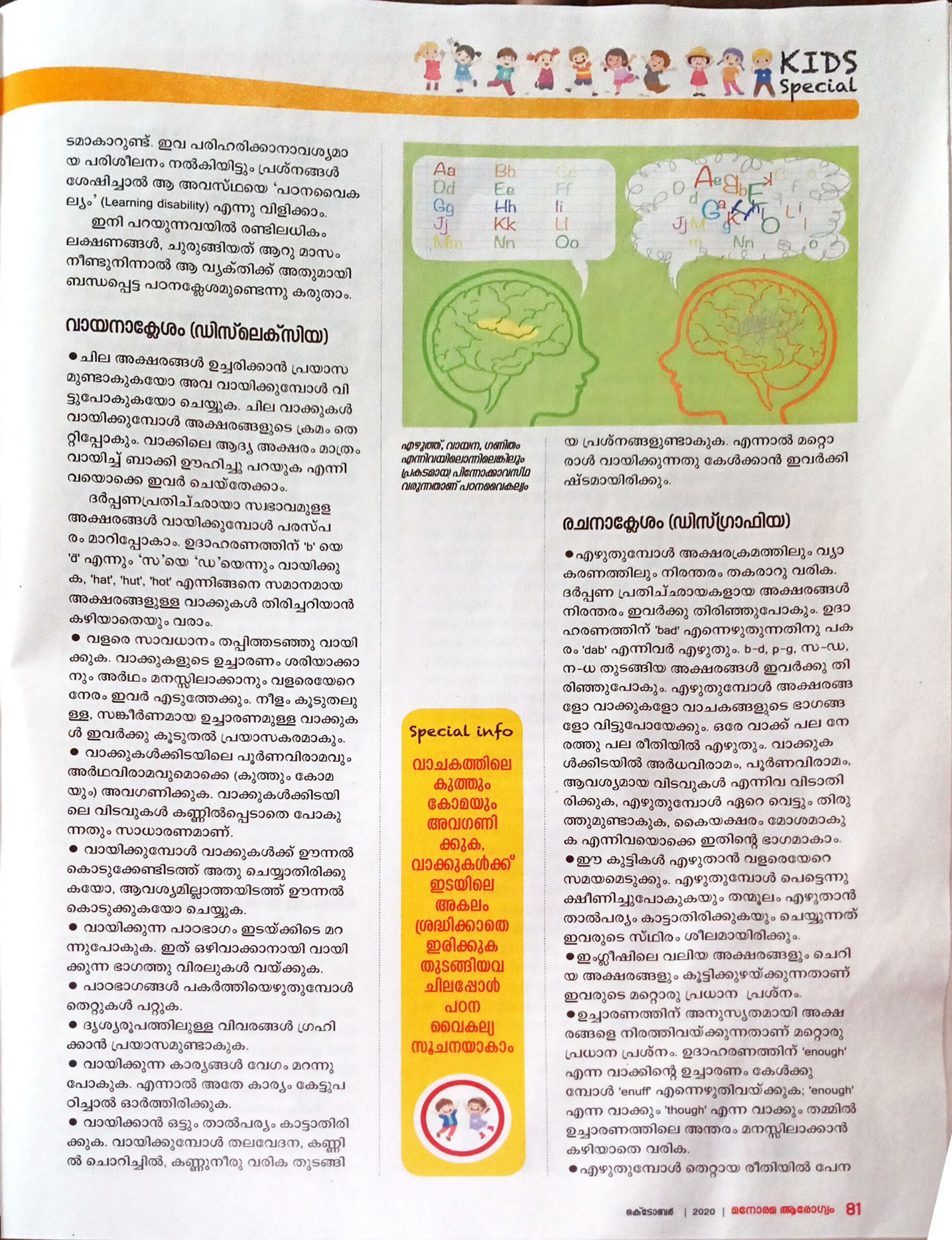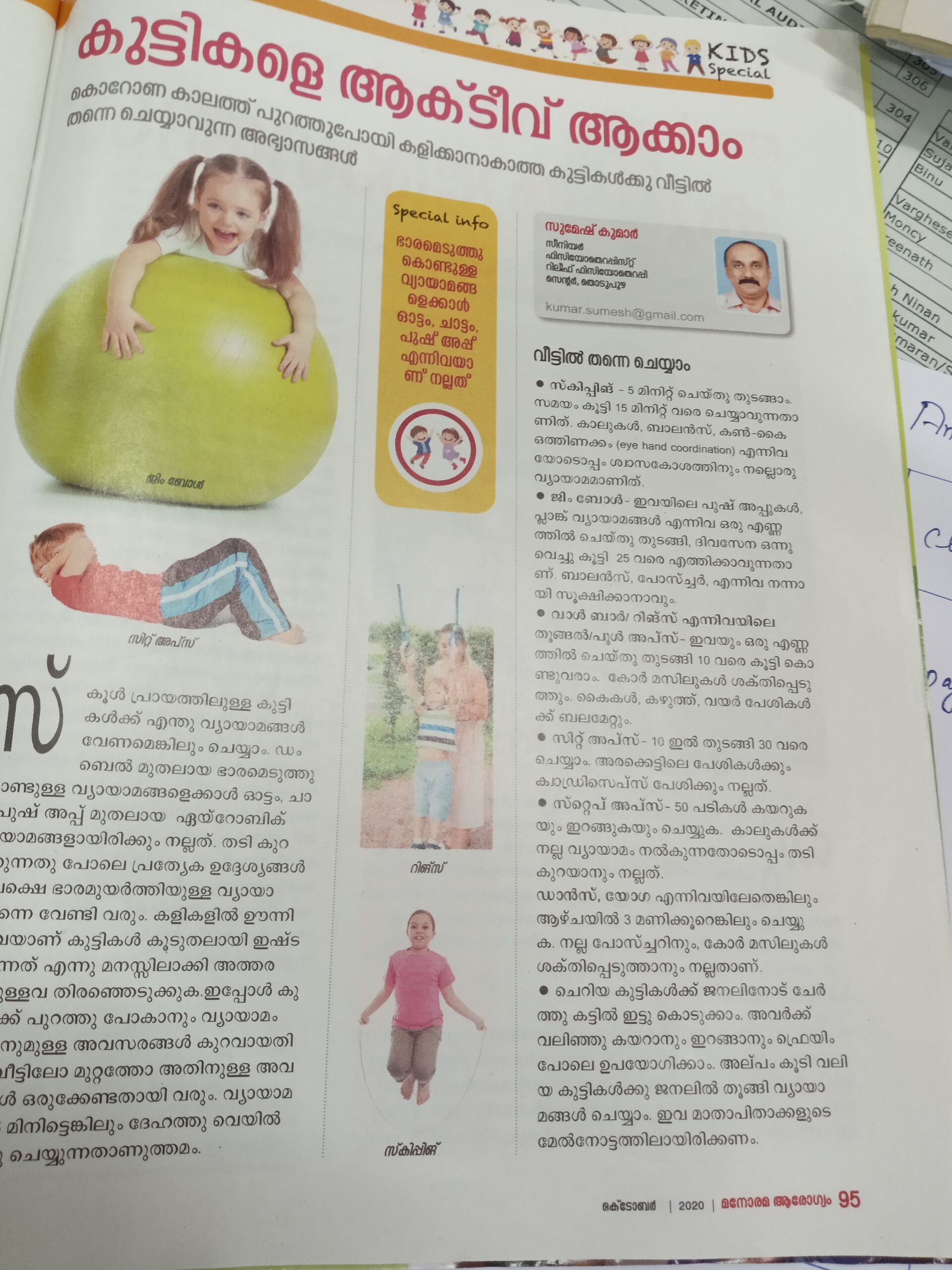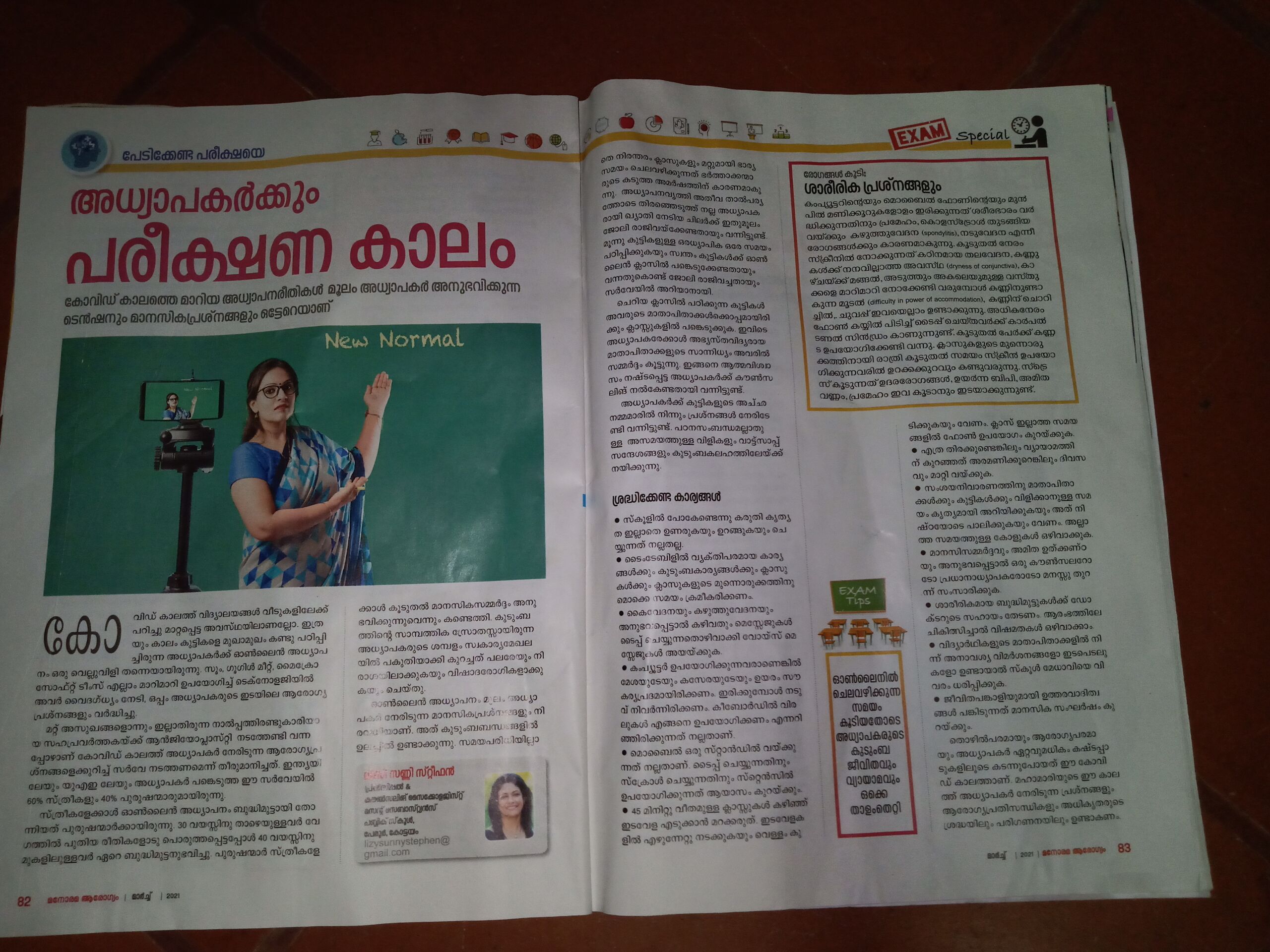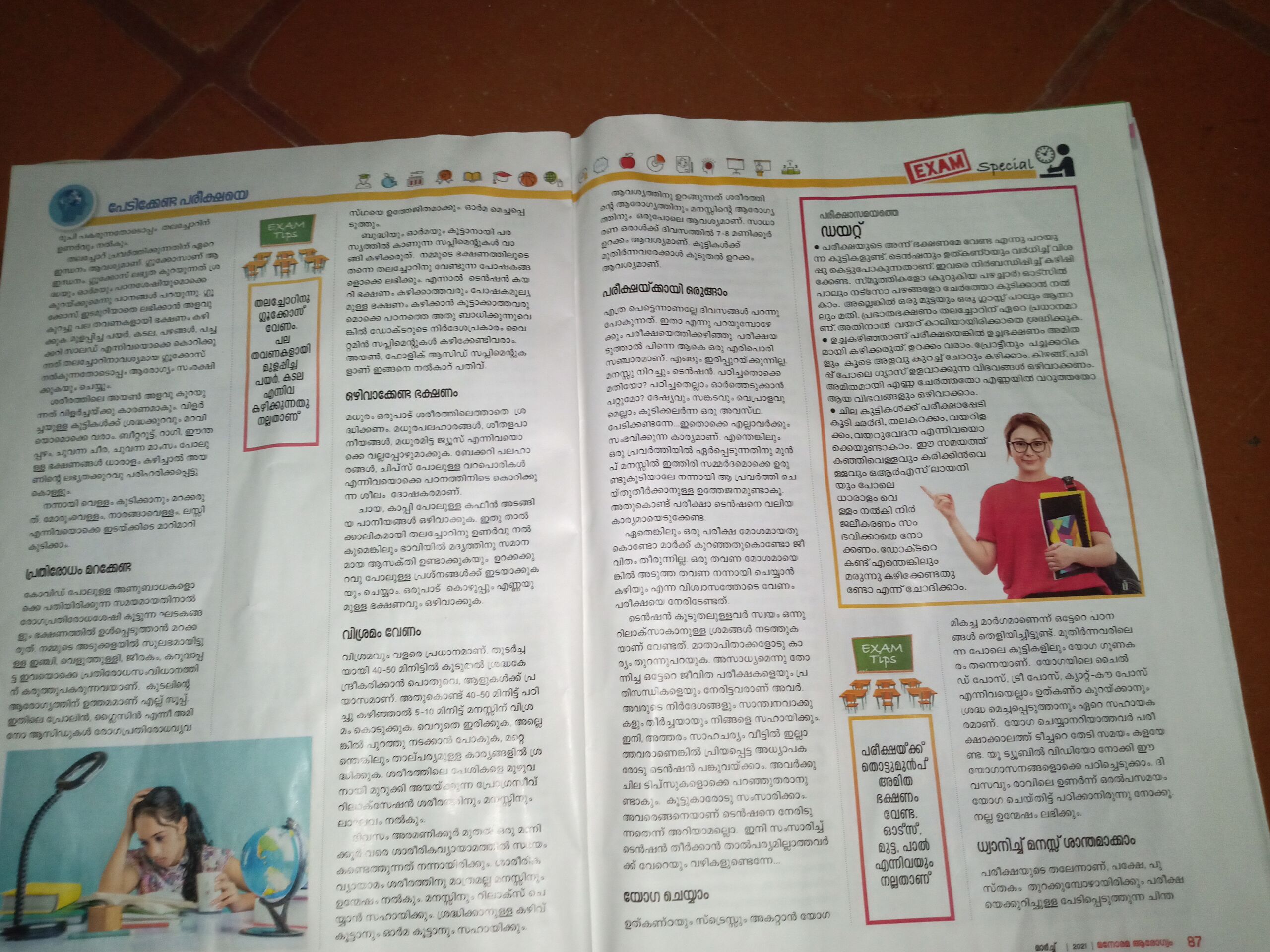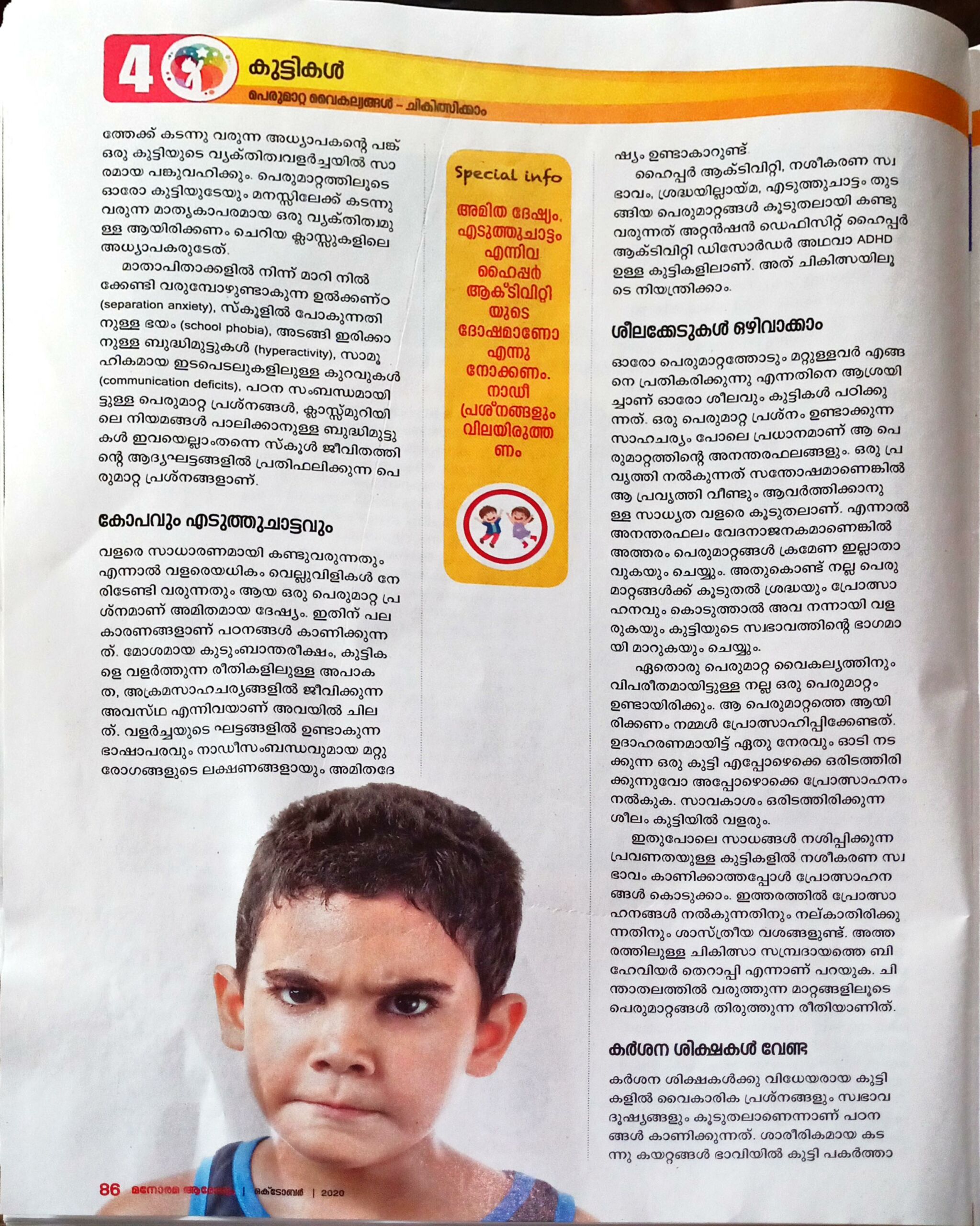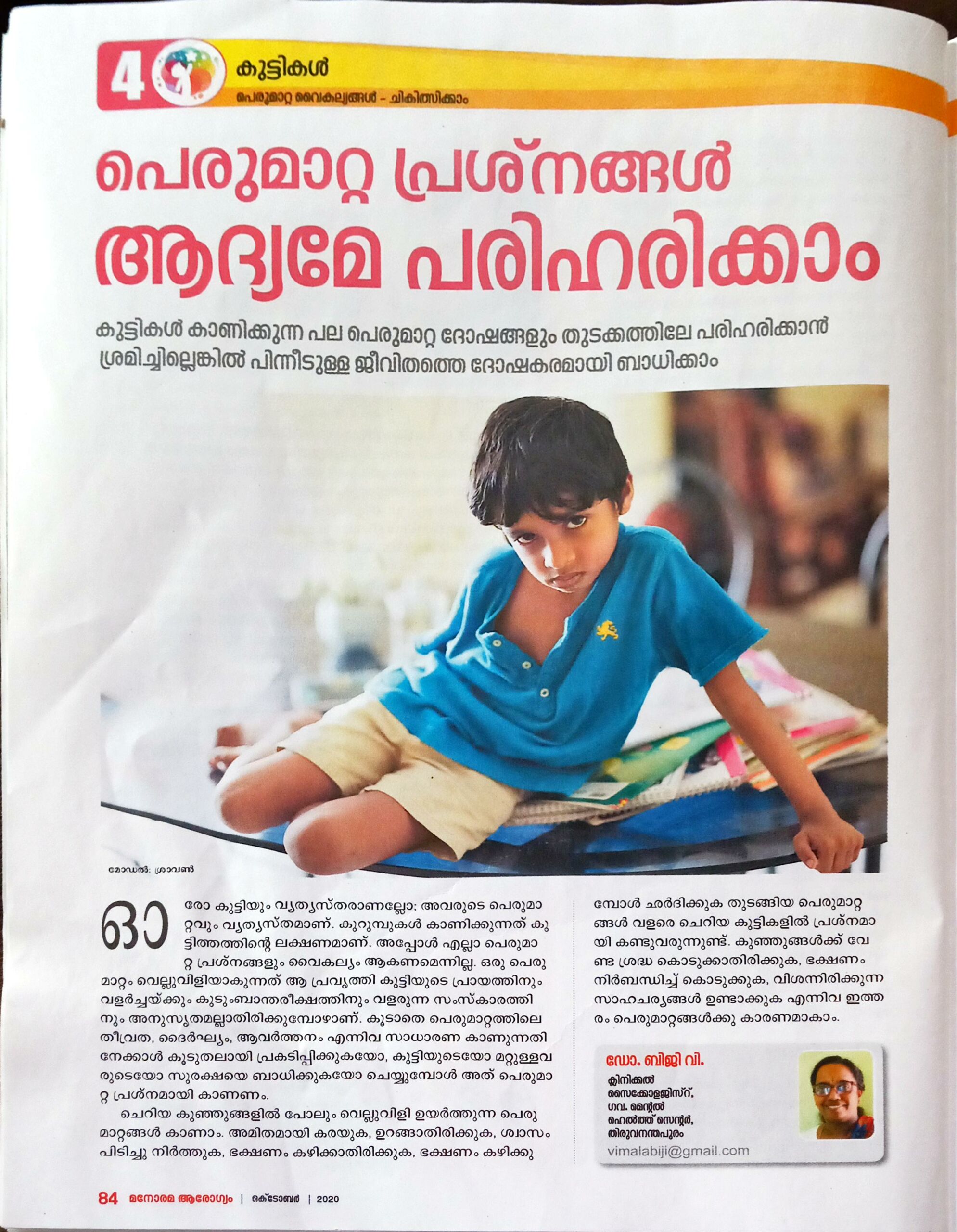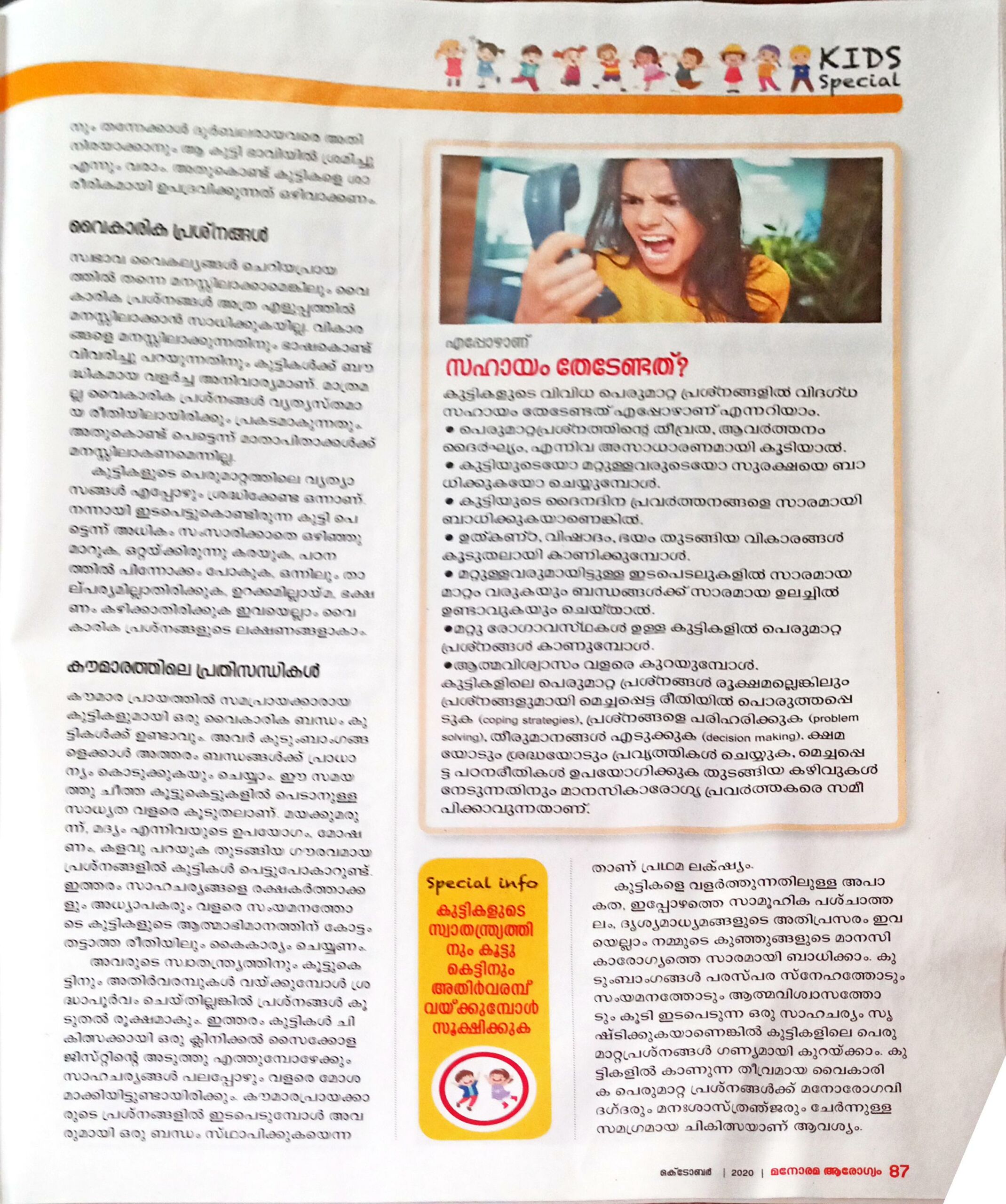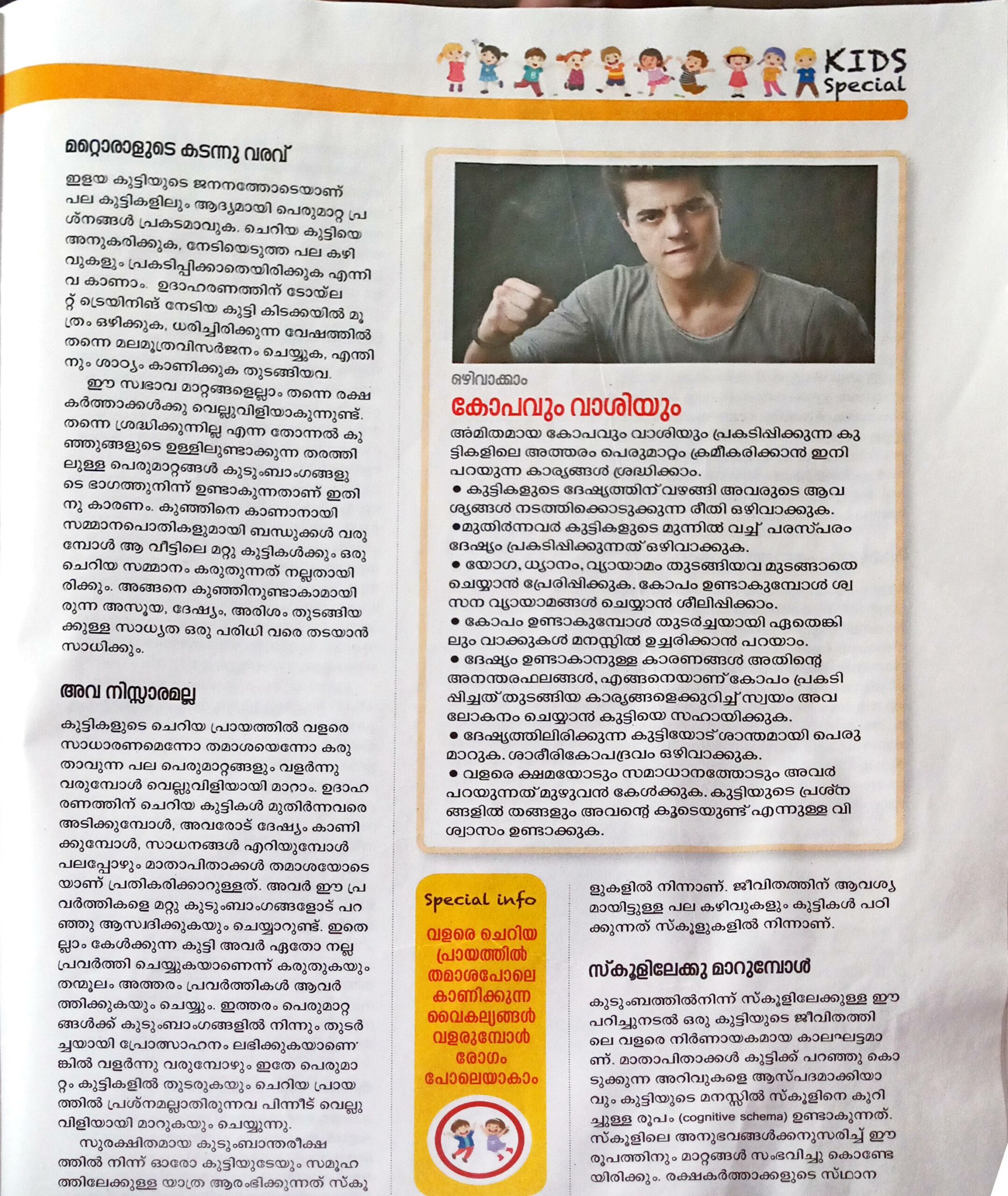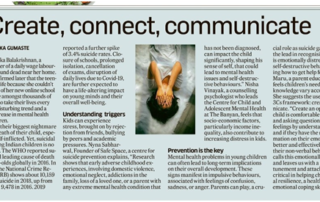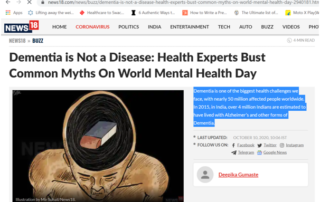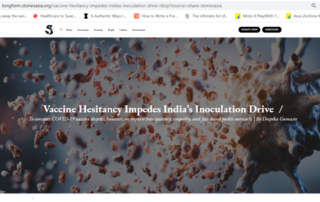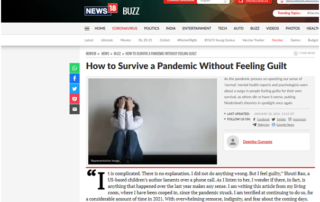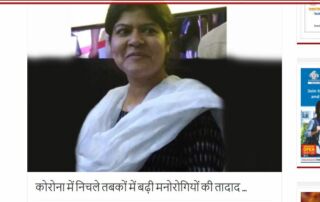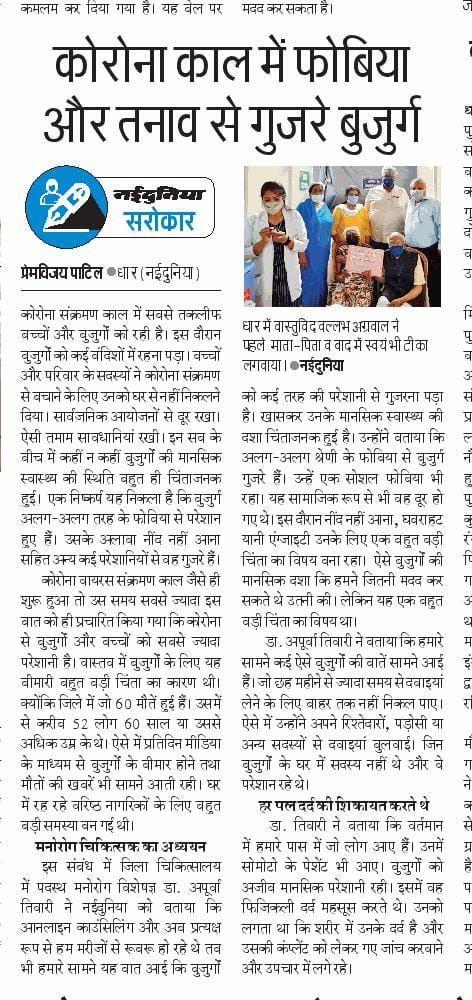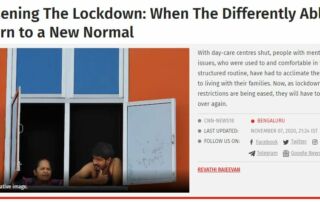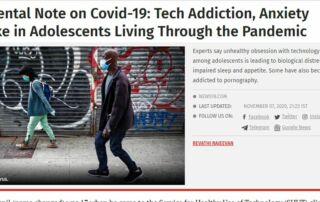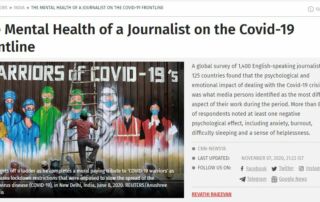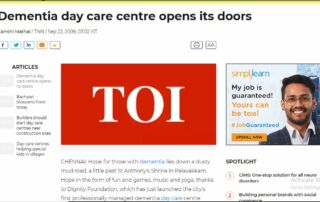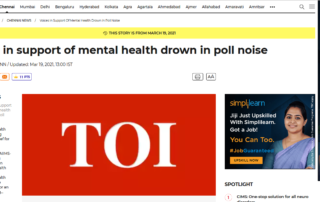ANNOUNCING 4 WEEK ONLINE DIGITAL COURSE FOR JOURNALISTS ON SENSITIVE REPORTING OF MENTAL HEALTH
SCARF in association with SANGATH Bhopal (www.sangath.in), is launching an online digital course of 4 weeks duration on Mental Health reporting, for practicing journalists and students of journalism, media and communication in India. This same course would then be contextualized and adapted for use by partner organizations in Nepal, Bangladesh and Afghanistan.
- This is part of the capacity building component of ESSENCE (an acronym for Enabling translation ofScience to Service to ENhance Depression CarE) , a 5 year long US National Institute of Mental health (NIMH) funded implementation and research Project.
- This is a first of its kind initiative focusing on mental health reporting in the country and is offered free of cost to the learner.
- The course is available from 24th May 2021.
- Last date for application will be 18th May 2021.
- Link to register : http://bit.ly/MEDIABATCH3
- Mental health reporting is a niche area which needs expertise and skills to strike a balance between being informative and educative while also being responsible and sensitive. This course aims to enable these skills in media professionals. Good reporting of mental health issues will help to improve awareness, advocacy and thereby pave way for stigma reduction and encourage help seeking.
- The coursework comprises of self-guided modules with recorded lectures, resource materials and self-assessments. The SANGATH and SCARF teams will offer support during the course through weekly interactive webinars.
- The course is currently available in English only. It will be made available in few regional languages at a later date.
- We hope this course will offer an avenue for young and aspiring journalists to take an interest in mental health reporting, and provide an opportunity for established journalists to engage with the issue of mental health reporting
- Those who successfully complete the course will be eligible to apply for a 12 month part-time paid fellowship in mental health reporting.
For Further information, kindly contact
Dr.R.Mangala @ 9444027388 /mangala@localhost
ABOUT ESSENCE
The overall goal of Project ESSENCE is to bridge the science to service gap and strengthen an existing collaborative network of institutions in South Asia (Afghanistan, Bangladesh and Nepal) by generating knowledge on effective and cost-effective training and implementation support methods for scaling up of evidence-based interventions for mental disorders, and building capacity in a range of key stakeholders to enhance the conduct of implementation research, the dissemination of its findings, and the uptake of this evidence in policy and programs, ultimately resulting in reduction of treatment gap for mental disorders.
The following are the selected members of ESSENCE Fellowships
BATCH 1
National FELLOWSHIPS
REGIONAL FELLOWSHIPS
BATCH 2
National FELLOWSHIPS
REGIONAL FELLOWSHIPS
ARTICLES PUBLISHED BY THE FELLOWS
Catch them young: Tips on how to talk to kids about mental health
Specifically, in India, a review of various existing studies suggests that over 65 percent of children surveyed felt anxious, scared, and helpless during the lockdown period. The data is clear: We need to talk about mental health. Even if it is awkward. Parents and mental health experts share their suggestions on how to talk to kids about mental health with Quint Fit.
Create, connect, communicate
According to NCRB data, 10,159 students died by suicide in 2018, an increase from 9,905 in 2017, and 9,478 in 2016. 2019 reported a further spike of 3.4 per cent suicide rates. Cut to 2020, and the resultant fall out of the ongoing pandemic is having many life- changing altering short-term impacts on young minds and overall wellbeing. In this background, exploring a story for Deccan Herald on how parents can play an effective role by discussing their child’s mental health and detecting risk signs.
Decoding Grief
An article on the psychology of grief and why we can grieve for people we never meet for Mad in Asia.
Dementia is Not a Disease: Health Experts Bust Common Myths on World Mental Health Day
Dementia is one of the biggest health challenges we face, with nearly 50 million affected people worldwide. In 2015, in India, over 4 million Indians are estimated to have lived with Alzheimer’s and other forms of Dementia. A myth busting report on what Dementia means for News 18.
Vaccine Hesitancy Impedes India’s Inoculation Drive
A deep dive into the psychology of Vaccine hesitancy and how behavioral science can help tackle the same.
How to Survive a Pandemic Without Feeling Guilt
As the pandemic presses on upsetting our sense of ‘normal’, mental health experts and psychologists warn about a surge in people feeling guilty for their own survival, as others die or have it worse, putting Niederland’s theories in spotlight once again.
कोरोना में निचले तबकों में बढ़ी मनोरोगियों की तादाद
दिल्ली में आजकल शादियों का दौर जोरो पर है और कोरोना का भी। लोग बेपरवाह हो रहे हैं और कोरोना अपनी जड़े जमा रहा है। हैरानी की बात यह है कि सोशल डिस्टेंसिंग के इस जमाने में शादियों में पहले की ही तरह बैंड-बाजे, ढोल, घोड़ा सबका इंतजाम है। कोरोना काल में बैंड बजाने वाले दूसरों की खुशियों में शामिल तो हो रहे है लेकिन, दिमाग में उनके कुछ और ही चल रहा है। कोरोना के नौ महीने ठप्प पड़े इनके काम ने इन्हें कई मानसिक विकारों की तरफ धकेल दिया है। कोरोना दौर से पहले ही विश्व स्वास्थ्य संगठन यानी WHO ने 2020 तक भारत में करीब 20 फीसद आबादी के मानसिक रोगियों में तब्दील होने का खतरा बताया था। लेकिन, इसी साल आई महामारी और इससे मची अफरा-तफरी में क्या सिर्फ 20 फीसद आबादी को ही मानसिक विकार हुए होंगे।
आखिर कमजोरों के ही कुचलते हैं मानसिक स्वास्थ्य अधिकार
2 नवंबर, 2020 को ऐश्वर्या रेड्डी ने अपनी जान ले ली। वजह थी परिवार के बदतर होते माली हालात, जिसके चलते कॉलेज की फीस नहीं दे पा रही थी ऐश्वर्या। दिल्ली के लेडी श्रीराम कॉलेज में सेकेंड ईयर (गणित) की छात्रा ऐश्वर्या तेलंगाना की रहने वाली थी। कोरोना महामारी के वक्त वह अपने घर चली गई थी और कुछ वक्त अपने परिवार और दोस्तों के साथ बिताने के बाद 19 साल की ऐश्वर्या ने इस दुनिया को अलविदा कह दिया। दरअसल, कोरोना महामारी की वजह से आनन-फानन में मार्च से ही देशभर में लॉकडाउन लगा दिया गया था। ऐसे में समाज का वो तबका जो मजदूर था, हाशिए पर था उसको आर्थिक स्तर पर करारा धक्का लगा। जिसका नतीजा हुआ कि कुछेक ने अपनी जान दी और हजारों लोग जो बीते सालों में गरीबी रेखा से ऊपर उठे थे एक बार फिर वापस उसी रेखा पर आ टिके।
कोरोना काल में पैदा हो रहीं मानसिक परेशानियों का हल ढूंढना होगा मानसिक स्वास्थ्य
मानसिक स्वास्थ्य को लेकर समाज में अभी तक संवेदनशीलता नहीं आ पाई है। मानसिक रोगियों को अभी ही नहीं बल्कि काफी लंबे वक्त से समाज से तिरस्कार, अनेदखी और सख्त बर्ताव का सामना करना पड़ रहा है। समाज भी ऐसे लोगों की जरूरतों को समझने और मदद के बजाए अपनी आंख बंद करना सही समझता है।
Providing Insurance Cover to Mental Health is the First Step, Not the Solution!
The mother of two children today, Ritu (name changed), says, “I was extremely worried with regard to the studies of my second child when she was promoted to tenth class, as she was not sincere in studies. During this period, due to some reasons there was also tension and bickering within the family, and I had to consult psychiatrist three to four times in a month, and that was quite expensive for me.” She however took full treatment and also followed the doctor’s advice in every respect –medicines, rest, diet, mind/ thought and conduct – that helped in reducing my depression a great deal but caused me great money crunch for a considerable time.
Mental Health Coverage in Health Insurance
The country, in fact the world, has been in the grip of coronavirus for quite some time. However, sooner or later, we shall be able to control this menace, especially when we would succeed in developing an effective vaccine for it. But the apprehension is that our country is not prepared to face the next epidemic – that is likely to confront us in the form of mental health issues. In the 2017 convention of the National Institute of Mental Health and Neurosciences (NIMHANS), the President, Shri Ram NathKovind had forewarned that “India is not only facing the challenge of the mental health, it is facing the prospect of a mental health epidemic.” According to a 1917 report, published in the [...]
Animal assisted therapy
Visual story on what animal-assisted therapy is and how pets in general help people get through difficult times. During the pandemic, even corporate companies got pets to the office to help reduce stress levels.
When the differently-abled return to a new normal
When care homes were shut, many living with mental retardation and mental illness had to go home, were taken care of by families. This article looks at how this change in their routine affect them.
A mental note on Covid19 : technology addiction, anxiety spike in adolescents living through the pandemic
This article looks at how teenagers spent most of their time online, others who were unsure about their future.
The mental health of a journalist on the Covid19 frontline
While we speak about police, healthcare workers on the frontline, we seldom talk about journalists who are also on the frontline. What about their mental health? This article attempts to do that.
Chennai: When gambling puts lives at stake
The year began with the news of the murder-suicide of a family in Chennai, when, on January 2, the bodies of a 36-year-old bank employee, who had killed his wife and two children and then hanged himself, were recovered. Police reports say mounting online gambling debts are the trigger.
Dementia day care centre opens its doors
Hope for those with dementia lies down a dusty mud road, a little past St Anthony's Shrine in Palavakkam. Hope in the form of fun and games, music and yoga, thanks to Dignity Foundation, which has just launched the city's first professionally managed dementia day care center inside the compound of vishranthi old age home.
Voices in support of mental health drown in poll noise
With one in four voters living with a mental health issue, it’s a huge part of the electorate, says Vandana Gopikumar of Banyan, a Chennai-based NGO. "And, yet it’s unfortunate those with mental illness are not considered an important part of the electorate.

